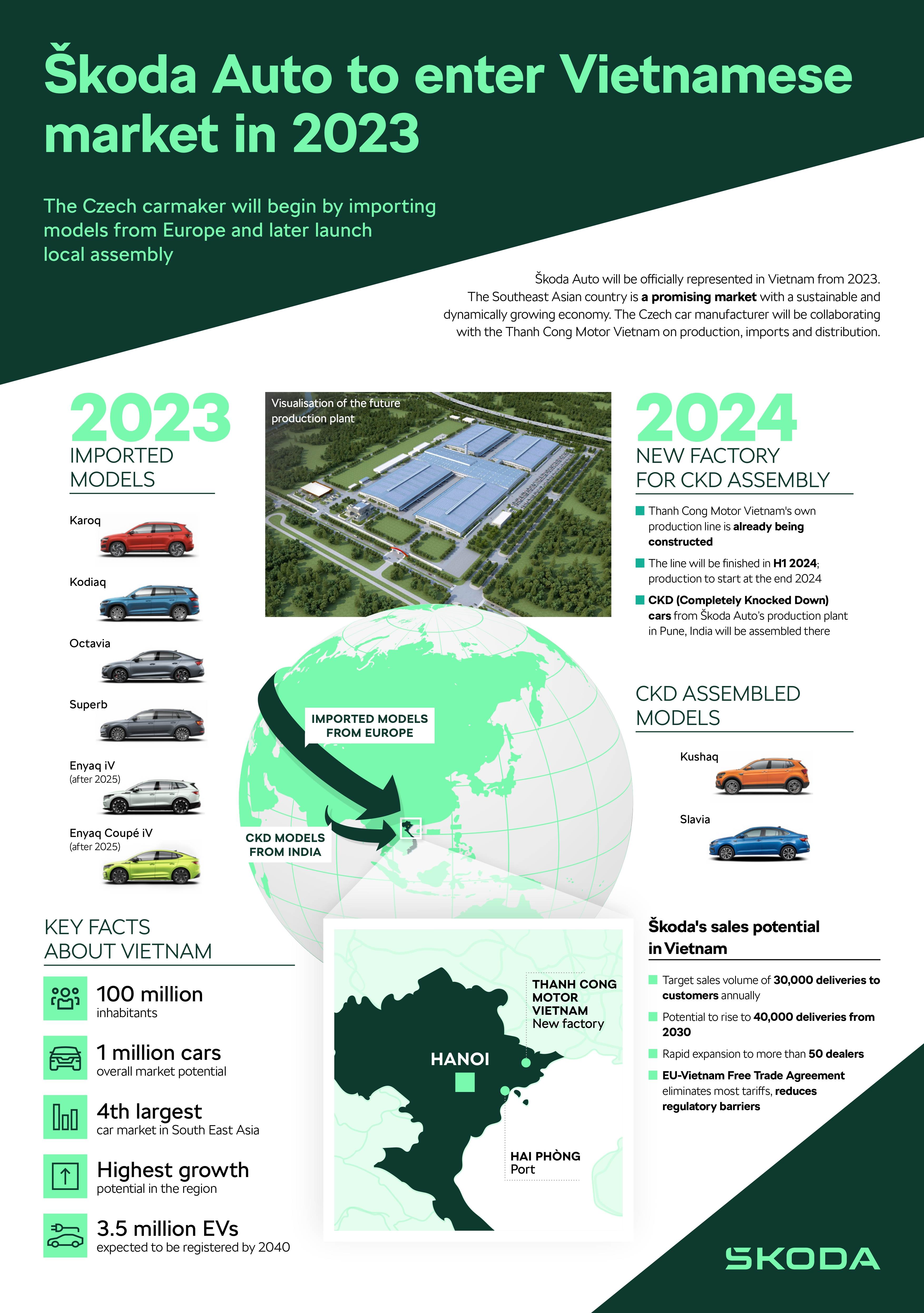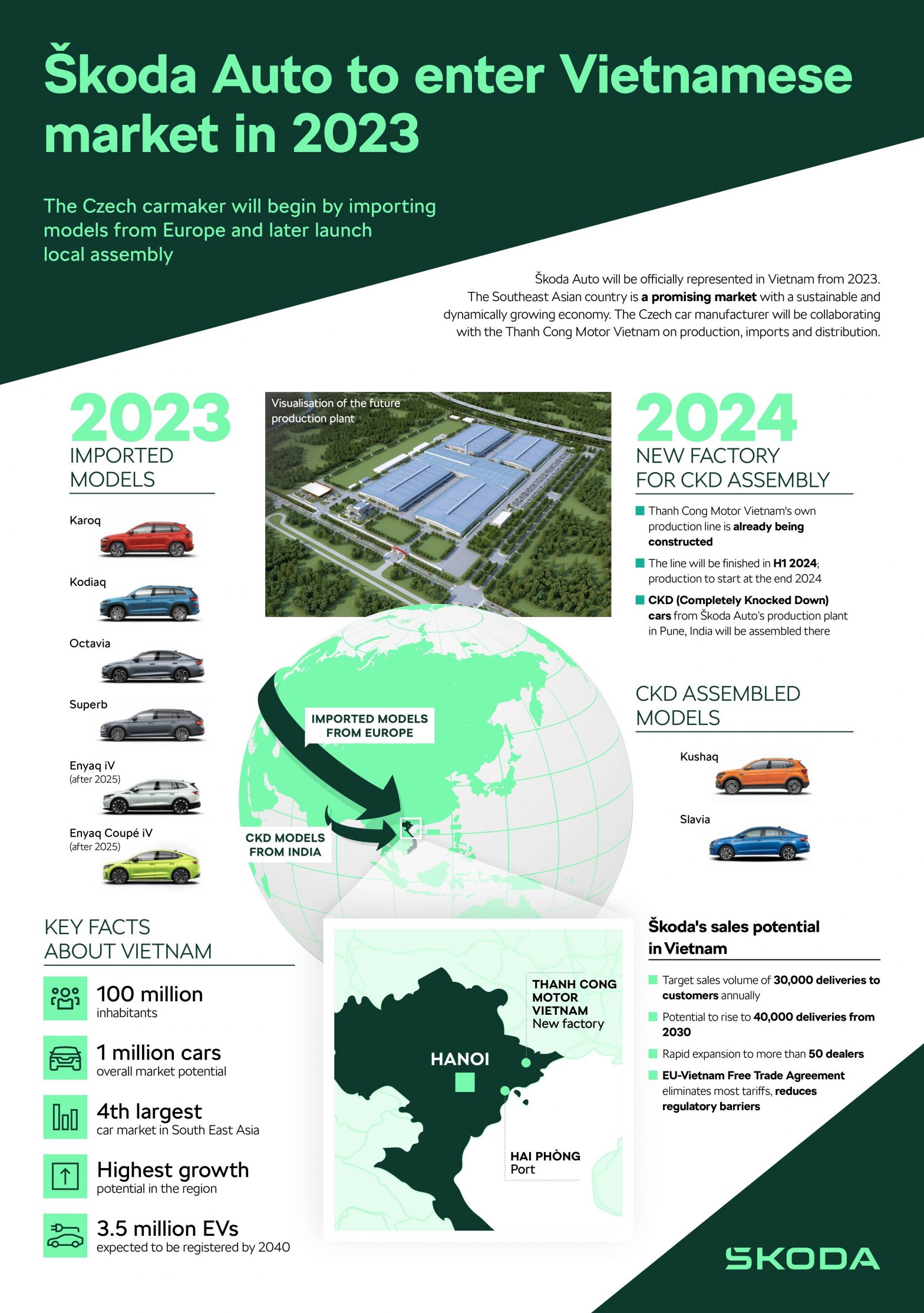India a Lynchpin to Skoda’s internationalisation plan, EVs part of future roadmap: Klaus Zellmer, CEO, Skoda Auto
Klaus Zellmer, the CEO of Skoda Auto said India is a ‘lynchpin’ of the brand’s internationalisation strategy in the coming years and that it has become an important market for future growth with locally developed models, including electrification.
Skoda Auto top executives believe electrification is gathering pace in India and Zellmer said, “Skoda wants to be part of its growth potential and the company is already exploring different scenarios.”
Addressing the media in the post annual earnings call, the top management said that India is an important market and that the European car maker is planning to enter into sub-compact SUV space in the coming years including electric vehicles.
As part of its 2030 vision announced last year and called ‘Next Level Strategy 2030’, going big on ‘international, electric, digital,’ were the key pillars of future growth and India is set to play a critical role in all these areas.
Zellmer said, “India is one of our top three markets. The recent development has been a fantastic story for us. We have outperformed the market; we are gaining market share and we delivered over 51,900 cars posting a growth of over 128 percent.”
On the potential of localisation of electric vehicles (EVs) and whether it can gain from the group’s conversation with Mahindra & Mahindra, Zellmer told Autocar Professional, “India is expected to have battery electric vehicle penetration of 20-25 percent by 2030. We want to be part of that growth potential, with our competence and scaling possibilities with our platforms. As we speak, we are looking into different scenarios on how to lift that potential in the Indian market.”
 India key hub to ASEAN and Middle East Markets
India key hub to ASEAN and Middle East Markets
India will be a key base to build Skoda’s presence in the ASEAN Market and Middle East, the company announced on March 16. To that end, Skoda has already entered into a partnership in Vietnam, which will be served from India, in the form of completely knocked down parts in 2024.
The Czech car maker said the Vietnamese market has a potential to add about 30,000 to 40,000 cars to the company’s global sales in the coming years. And it would look to add more markets in the region in the coming years.
On the international expansion planned, Martin Jahn, Board Member for Sales and Marketing at Skoda Auto said, “The biggest challenge and open space for Skoda is ASEAN, where we are taking the strategic lead for the brand group volume and we will be looking at countries in ASEAN. The Middle East is definitely a good export potential from India — so these are two main regions we will be focusing on in the future.”
Reviewing the calendar year 2022, Piyush Arora, the President and MD Of Skoda Auto Volkswagen said, India is fast becoming a ‘force to reckon with’ within the automotive world and the group is marching on its way to seeing sustained growth towards achieving five percent market share by 2025.
“Skoda reflected a strong performance and grew by more than 125 percent. In fact, last year, we saw double digit sales growth for all other group brands in India as well. Last year was a year of accomplishment and growth, we are convinced, we have been moving in the right direction, which continues to open new horizons in India,” assured Arora.
On the future of EVs and new models
On the potential of adding future models, the global management said that there are multiple projects being explored.
“The new segment we are looking at is the sub-compact SUV. We will look at every product produced in India not only for the domestic market but also for the export market too. In the future we will be looking at battery electric vehicles,” Jahn said, speaking about the potential of future models in the country.
The company was silent on the timelines for the sub-compact SUV. But Autocar Professional understands that the sub-four metre SUV is slated for launch in 2025, which will add to its line-up. Till then the company will continue to rely on the Kushaq and Slavia to help the brand build its momentum in the country.
Arora said, the EV transformation is taking place faster than foreseen in India. “Analysts suggest that by 2030, about 15-25 percent of the market will be battery powered, but at the same time the ICE market will continue to be strong. We believe our growth path in India will have to include both ICE and BEV models,” he added.
